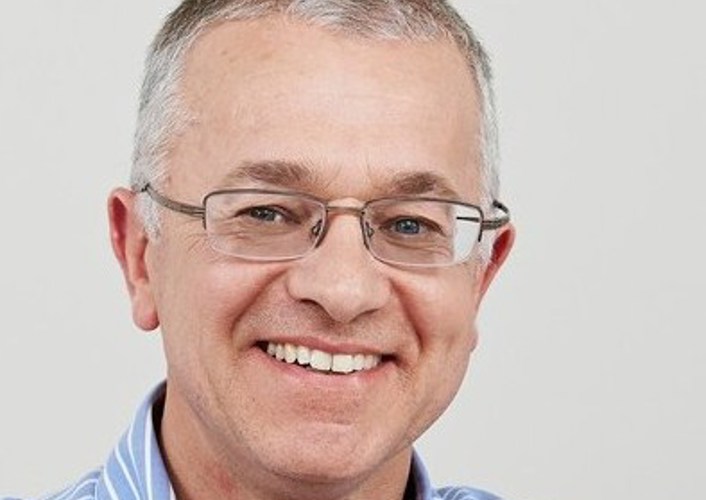"This seemed amazing ... a real challenge to my experience"

As DfE research suggests teachers' subject specialism adds little to pupil outcome, Stuart Nicholson, head of Cambridge Centre for Sixth-Form Studies tries to make sense of what the research is actually saying.
This blog is in response to an article in TES which reported DfE research showing 'limited evidence' that subject specialist teachers can help improve pupil outcomes.
How surprising to read in the TES this week that the latest research from the DfE found 'limited evidence' that being taught by a teacher holding a degree in the relevant subject improves outcomes for pupils.
The research, it said, suggested "specialist" teachers have a small positive impact on pupil outcomes at GCSE in maths, English and humanities, but there is "no discernible effect" of "non-specialist" teaching at GCSE for modern foreign languages and science. This seemed amazing. A real challenge to my experience and I needed to read what the actual 70-page research paper said.
My own subject is physics: I find it impossible to imagine a non-specialist being able to teach the subject knowledgeably, not because physics teachers are inherently remarkable, but because my forays into the other sciences have always highlighted to me how much I don’t know about them compared with my understanding of the science I regard myself as best qualified to teach. Can it be the case that my teaching of biology might not have hindered pupils and that my teaching of physics might not have given them any advantage? It doesn’t feel as if that makes sense, but I am wary of ignoring evidence and so turned to the research paper itself.
Perhaps, unsurprisingly, the authors come across as rather more cautious in their research paper than can be captured in a newspaper headline and article. It turns out to be very difficult to identify from the data which pupils are actually taught by non-specialists. British schools have very few non-specialists and data is not held in such a way that pupils taught by non-specialists can be identified directly. The indirect method used in the report is based on the proportion of ‘specialist’ teaching calculated at school level rather than at pupil level, and there are also problems in defining who qualifies as a subject specialist. Is it possible to become specialist without a relevant degree, for example?
The most interesting statistics for me were on the distribution of specialist teachers across curriculum subjects and I found myself thinking particularly about the sciences. The vast majority of hours taught in Y7-13 is taught by specialists (88.9%), but the proportions vary considerably. Only 5% of lessons in biology are taught by non-specialists, 8.5% in English and history, 10.8% in maths, 11.2% in chemistry, and a whopping 19.8% in physics.
Now, I wonder where in Y7-11 these non-specialist lessons are concentrated. Is physics being taught as part of General Science in Y7 and Y8? Do these pupils all go on to do combined science at GCSE? Is it possible then to extract meaningful performance comparisons in the individual subjects?
I have other concerns too. Whilst the actual GCSE grades might not be substantially affected, what about the confidence of the students taught by possibly less confident teachers – my suspicion is that where taught by less specialist and thus (speaking for myself at least) less knowledgeable and confident teachers, pupils themselves might be less confident, or maybe less inspired.
When your teacher can’t take you beyond the confines of the syllabus because they know little beyond it themselves, how do they answer that interesting question you have, or how do they open the window to a level of thinking that is way beyond the GCSE and so cannot be measured by GCSE? My suspicion is that as a consequence some pupils find subjects more difficult, find them less interesting, and are less likely to continue them. Perhaps those that survive the non-specialist teaching are a self-selecting group by the time they reach GCSE and are by then in the years where the specialists are teaching them anyway?
So, far more questions than answers in my rapid read of the DfE paper… maybe amidst the tinsel and the crackers on Christmas Day, if everyone else has nodded off, perhaps I should read it more carefully … Ho, ho, ho!

